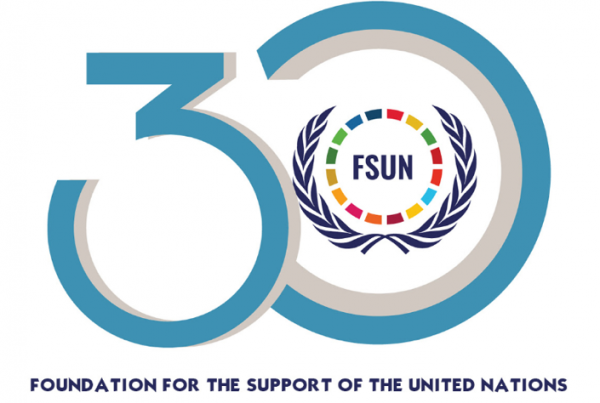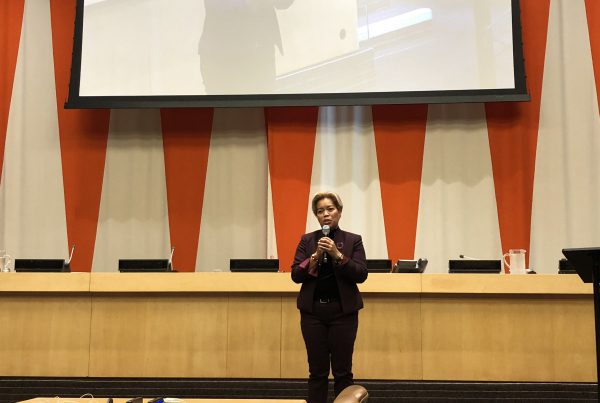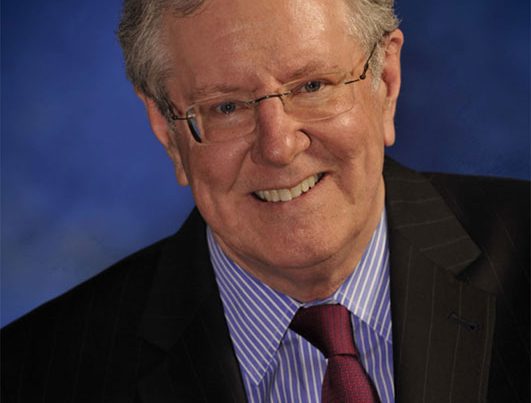When we hear the word ‘change’, different thoughts come to our minds. Some people think about economy and investments, others think about politics and public policies, and others think about social changes and improving the life of individuals. It is true that change can happen in various ways and through different means, but there is always one thing that must be in place in order accomplish any change; that is quality education. Quality Education is the base of any change. When young students receive good education that enriches their knowledge and opens their minds to different perspectives, they can grow up to be successful investors, wise politicians, and thoughtful social leaders. They will be able to leaders of change.
Knowing the importance of quality education, the United Nations placed it as the fourth out of seventeen sustainable development goals (SDGs) on the 2030 Agenda for Sustainable Development. The target of the 4th SDG is to ensure inclusive and equitable quality education and to promote lifelong learning opportunities for all. It is very important to provide children with good education regardless of their socio-economic status. According to the UN progress report of goal 4 in 2017, “In all countries with data, children from the richest 20 percent of households achieved greater proficiency in reading at the end of their primary and lower secondary education than children from the poorest 20 percent of households. In most countries with data, urban children scored higher in reading than rural children.” Therefore, there is a disturbing gap between the quality of education received by children based on their economic status; and that leads to a gap in job opportunities and social mobility. On the long term, this gap will negatively affect the societies and slow down any desired change.
The process to achieve quality education differs from a country to another depending on their economic and political conditions. However, in each country, there should be a collaboration between the governments, the private sector, and the non-profit organizations to help provide children in rural and poor areas with the education they need and deserve. And as the young activist Malala Yousafzai said in her speech at the United Nations : “One child, one teacher, one book, one pen can change the world.” No child should be left behind and no child should receive less education because of their economic conditions. Children are the future and to build the future, we should invest in quality education for all children.




